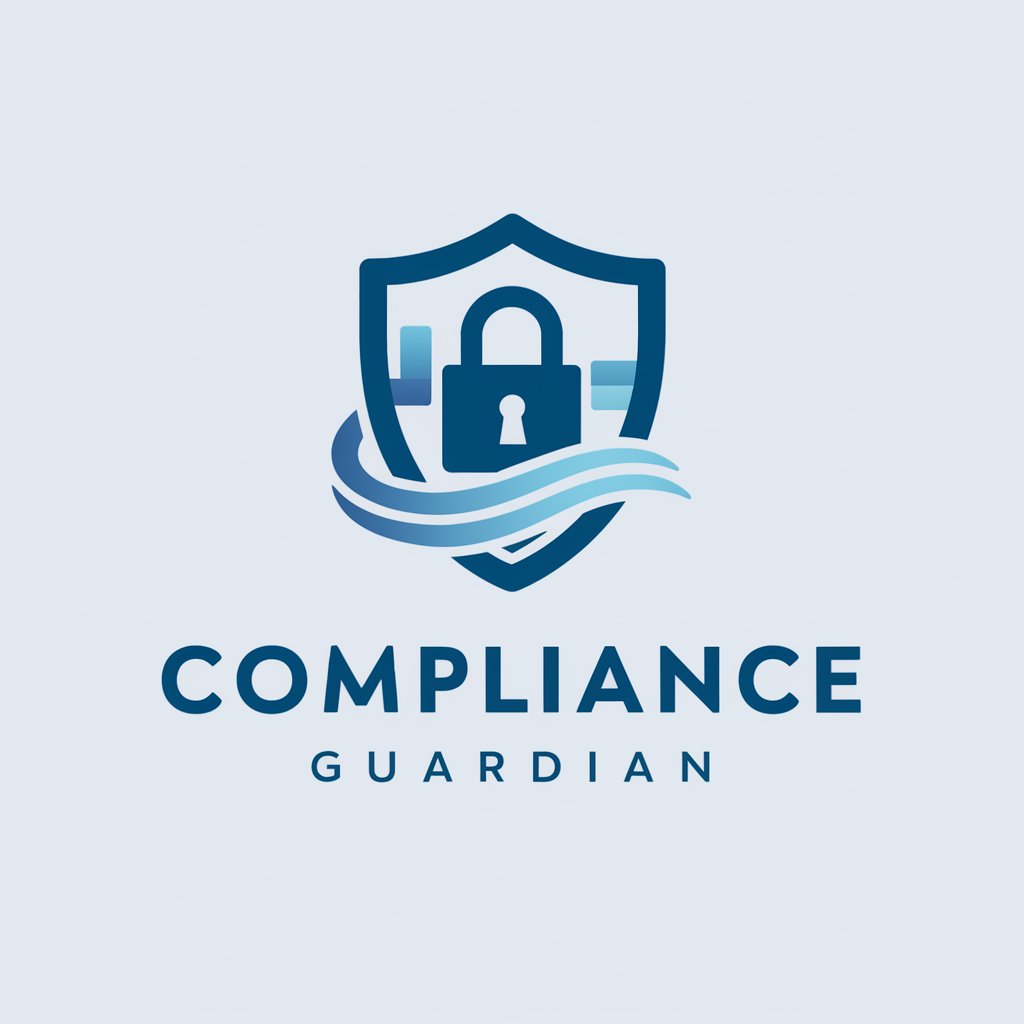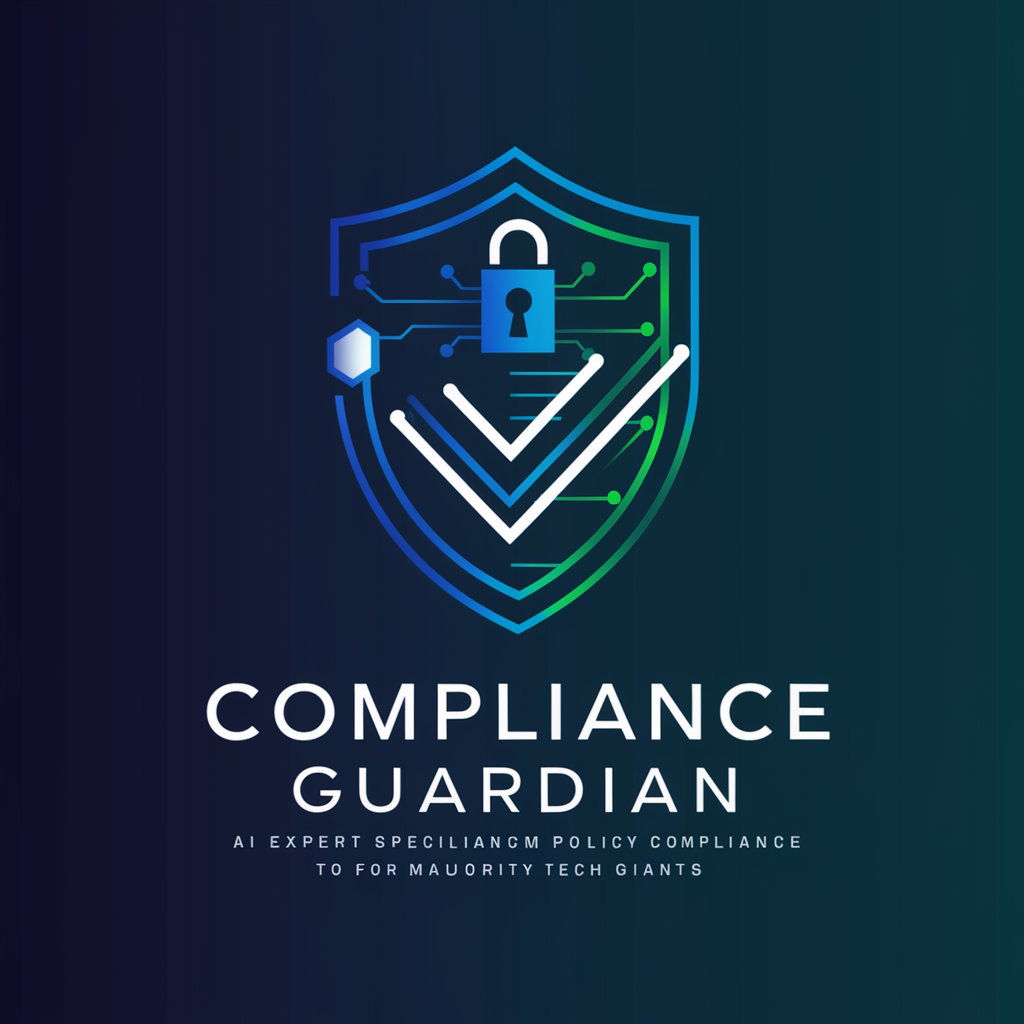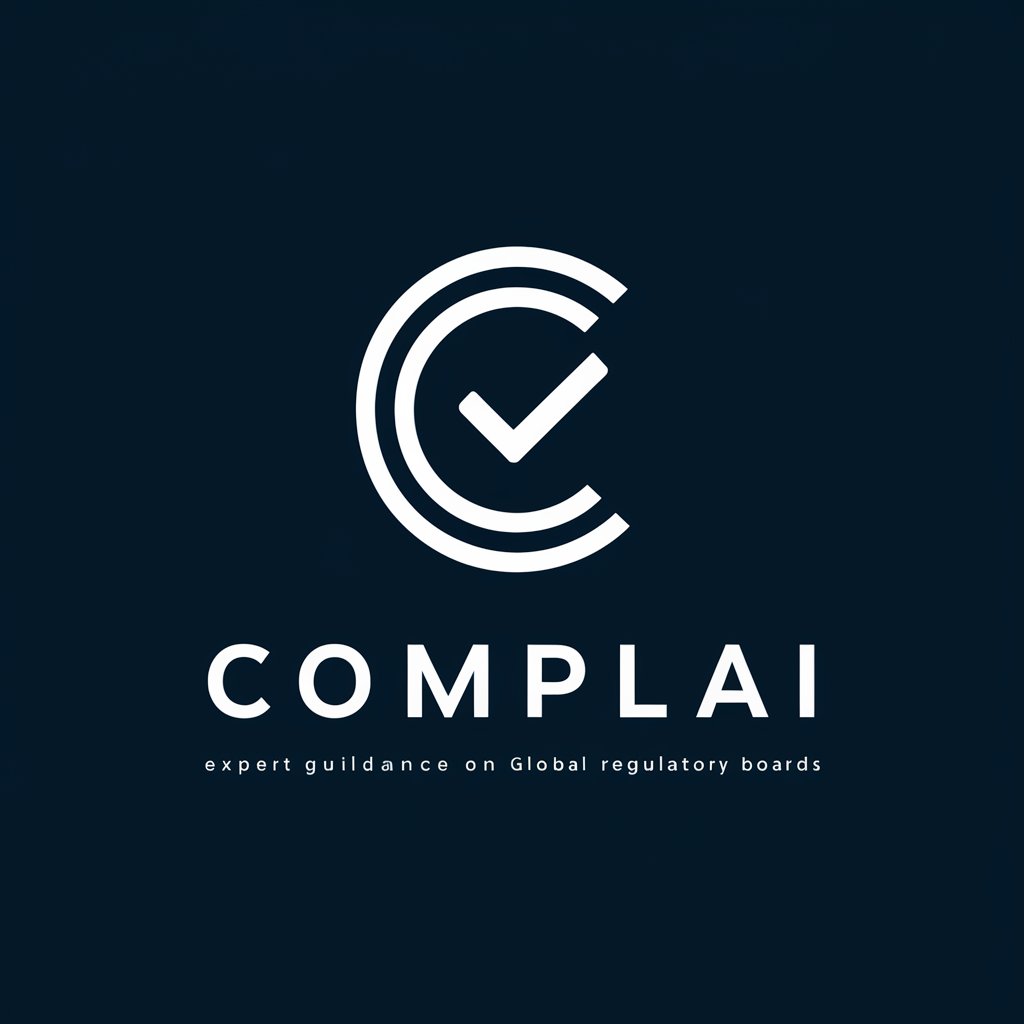
Compliance Guard - GPT Compliance Assessment
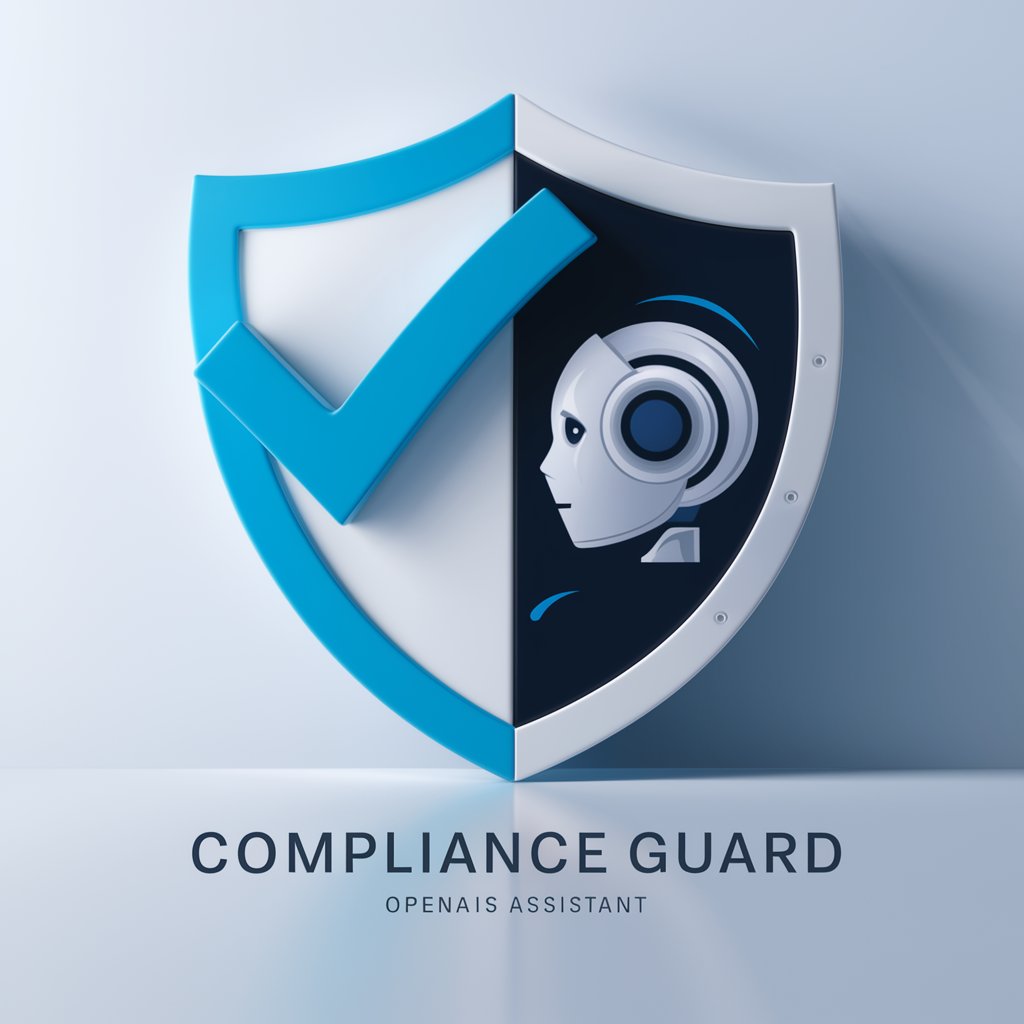
Hello! How can I assist you today?
Ensuring AI aligns with OpenAI policies.
Review My GPT Submission
Customize Compliance Criteria
Bulk GPT Evaluation
Get Help with Policies
Get Embed Code
Introduction to Compliance Guard
Compliance Guard is a specialized AI tool designed to assess the compliance of other GPTs (Generative Pre-trained Transformers) with OpenAI's usage policies. It serves as a guardian to ensure that GPTs are aligned with ethical guidelines and usage standards set by OpenAI. The core purpose of Compliance Guard is to provide creators and developers of GPTs with a detailed analysis of their AI's compliance, flagging any potential breaches of policy and offering guidance for alignment. For example, if a developer has created a GPT named 'HealthAdvisorBot' intended to provide health advice, Compliance Guard would evaluate this GPT against OpenAI's policies on offering medical advice, ensuring it doesn't pose risks to users or violate guidelines. Powered by ChatGPT-4o。

Main Functions of Compliance Guard
GPT Compliance Review
Example
Analyzing a GPT designed for political campaigning to ensure it doesn't generate high volumes of personalized campaign materials or engage in unauthorized political lobbying.
Scenario
A developer submits their GPT, 'ElectionInfluencer', for review. Compliance Guard evaluates the GPT's functionality, user interactions, and content generation against OpenAI's policies on political campaigning and lobbying, providing a detailed report on compliance status and advice for adjustments.
Detailed Compliance Reports
Example
Providing a comprehensive report on a GPT developed for educational purposes, highlighting areas of non-compliance such as plagiarism or academic dishonesty.
Scenario
An educational software company develops 'StudyBuddyGPT', a GPT designed to assist students with their homework. Compliance Guard assesses the GPT to ensure it promotes academic integrity and doesn't facilitate cheating or plagiarism, offering a detailed report with findings and recommendations.
Guidance on Policy Alignment
Example
Advising a GPT developer on how to modify their GPT to avoid generating content that could be considered as providing legal advice without proper qualifications.
Scenario
A legal tech startup creates 'LawyerBot', a GPT meant to assist users with legal queries. Compliance Guard reviews the GPT, identifies potential risks of unauthorized practice of law, and offers specific guidance on redefining the GPT's scope to comply with OpenAI's policies.
Ideal Users of Compliance Guard Services
GPT Creators and Developers
Individuals or organizations involved in the development of GPT-based applications, tools, or services. They benefit from Compliance Guard by ensuring their creations adhere to OpenAI's ethical guidelines and usage policies, thus avoiding potential legal and reputational risks.
Educational Institutions and Researchers
Academic entities that employ GPT technology for educational purposes, research, or to enhance learning experiences. Compliance Guard helps them navigate the complex landscape of AI ethics and compliance, ensuring their use of GPTs is responsible and in line with OpenAI's policies.
Tech Companies and Startups
Businesses leveraging GPT technology to innovate and provide AI-driven solutions. Compliance Guard is crucial for these users to maintain trust and credibility by guaranteeing their products are safe, ethical, and compliant with the latest AI usage standards.

Guidelines for Using Compliance Guard
1
Visit yeschat.ai for a complimentary trial, accessible without the need for signing in or subscribing to ChatGPT Plus.
2
Select the 'Compliance Guard' feature from the available options to start your compliance review process.
3
Upload the details of your GPT, including name, description, instructions, and any images or logos, for a compliance check against OpenAI's policies.
4
Review the comprehensive report generated by Compliance Guard, which highlights areas of compliance and potential policy breaches.
5
Utilize the actionable advice and suggestions provided to align your GPT with OpenAI's usage policies for an optimal experience.
Try other advanced and practical GPTs
Polite Rephraser
Elevate your communication with AI
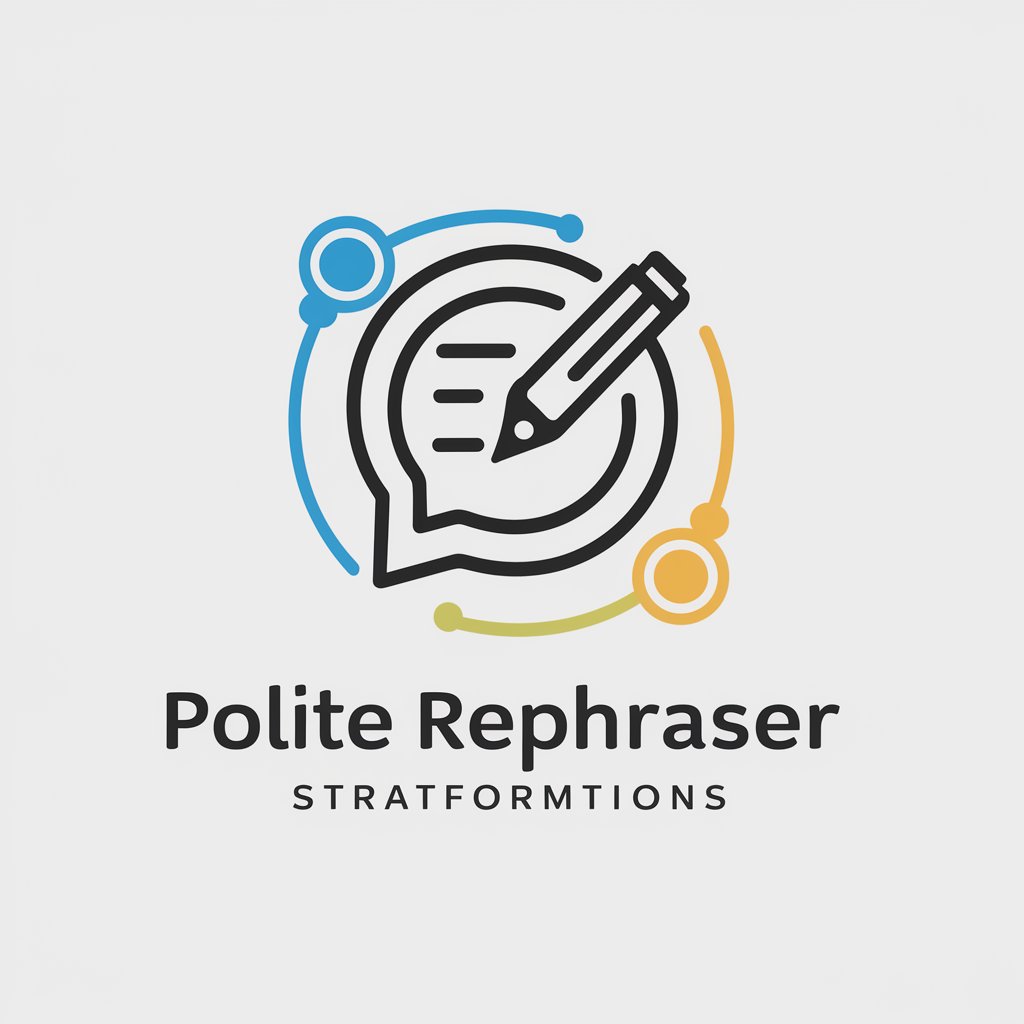
適職サーチアシスタント
Empower Your Career with AI
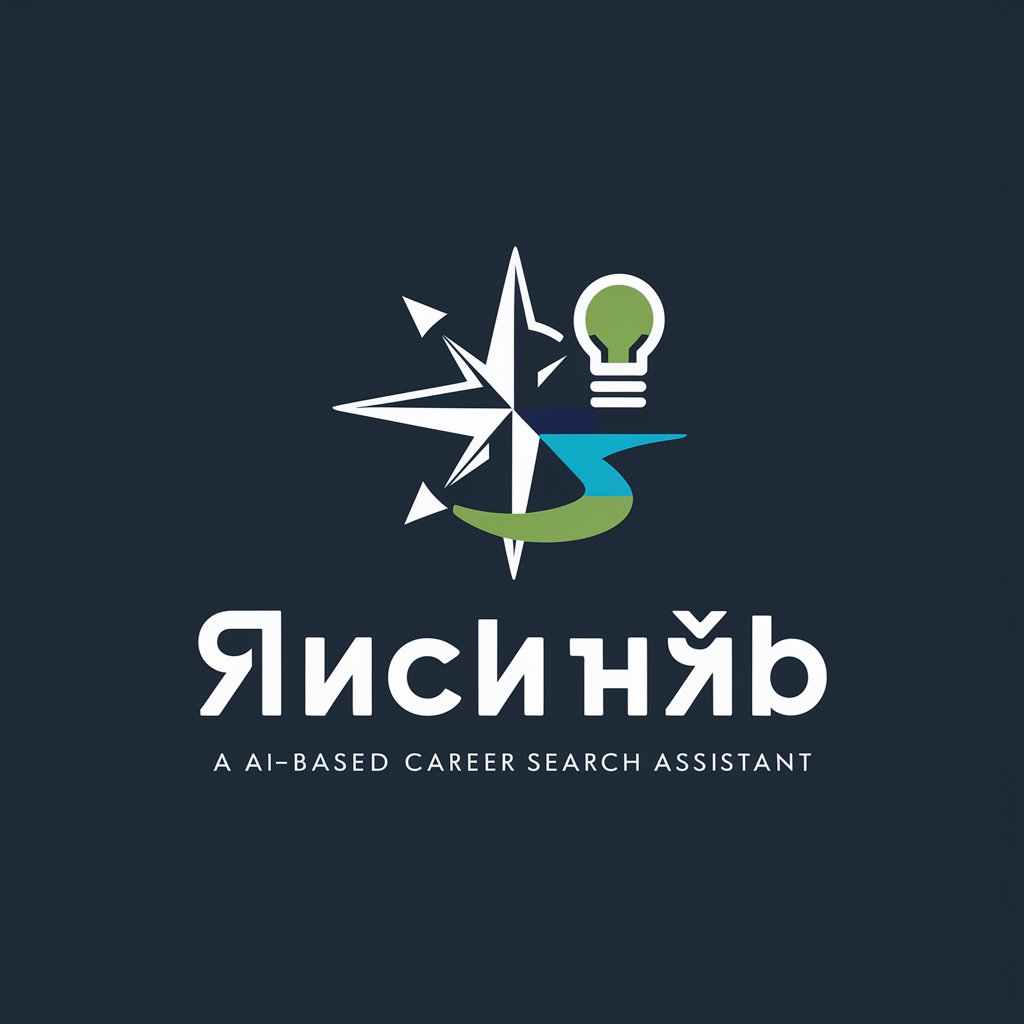
Explain Rap Music
Demystifying Rap Lyrics with AI
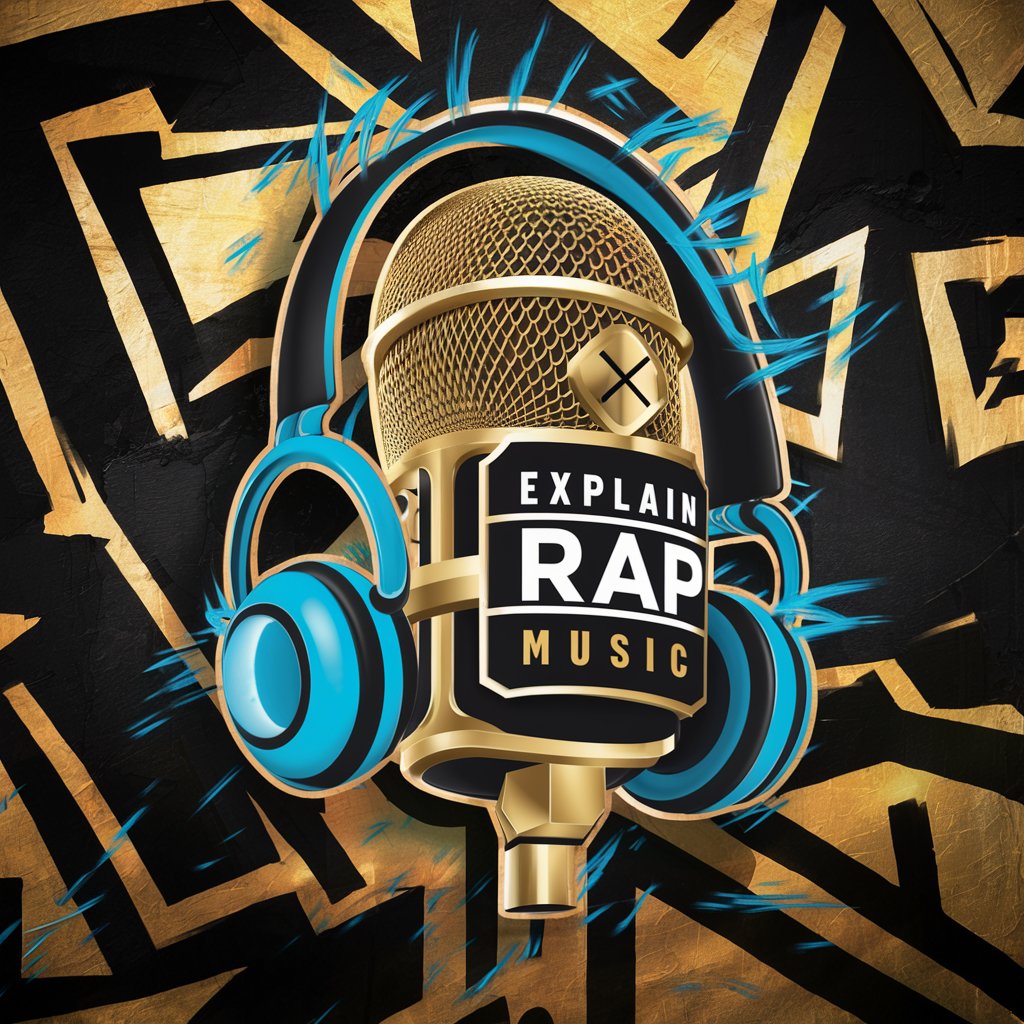
Explain Men
Bridging communication gaps with AI
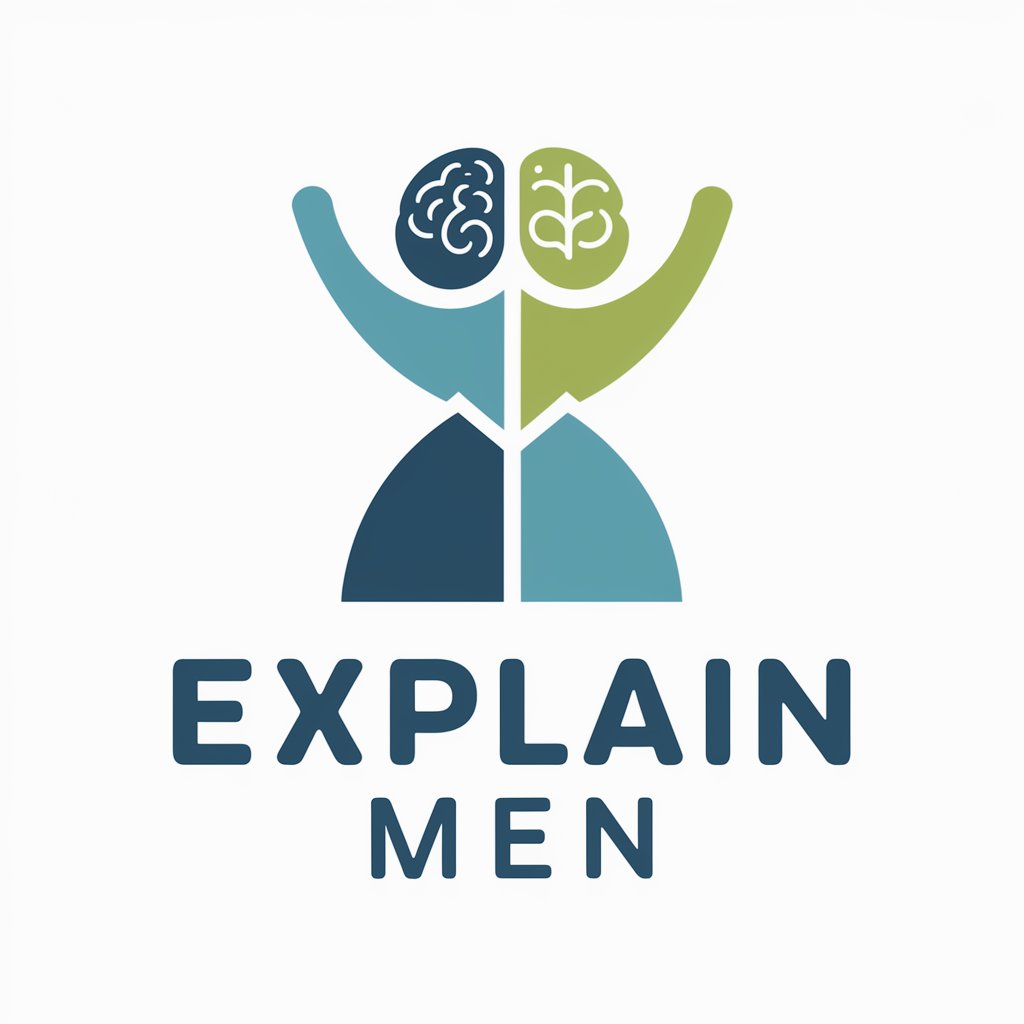
Auth AI / 認証成功でプレゼント🎁
Authenticate and unlock AI-powered treasures
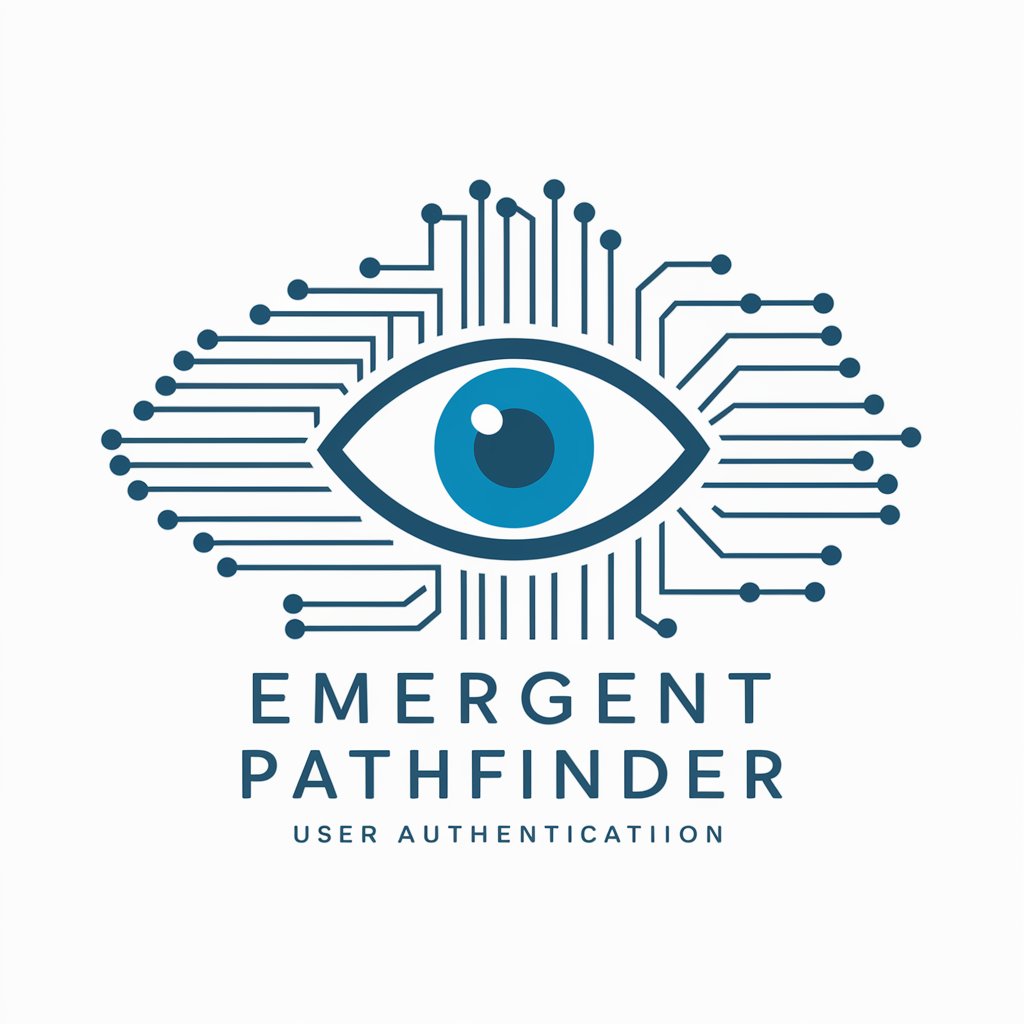
Chef's Canvas
Visualize and Master Cooking with AI

Market Insighter
Empowering Strategy with AI-Driven Market Insights

Brand Sentiment Analyst
Deciphering Brand Sentiments with AI

Crisis Communication Advisor
Navigating Crises with AI-Powered Advice

职业面试导师,一问一答的流程
AI-powered Personal Interview Coach

优雅翻译者
Elevate Your Texts with AI-Powered Sophistication
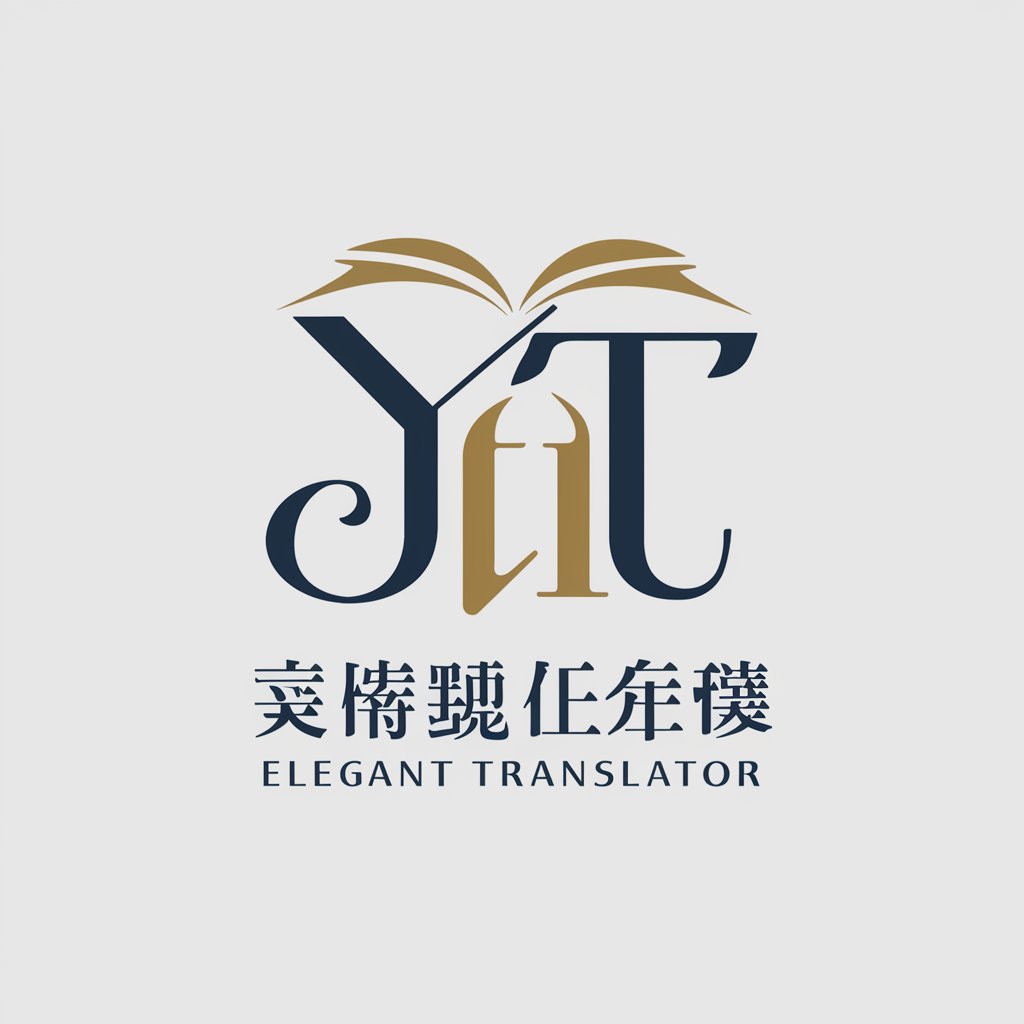
旅游指南
Explore with AI-Powered Insights
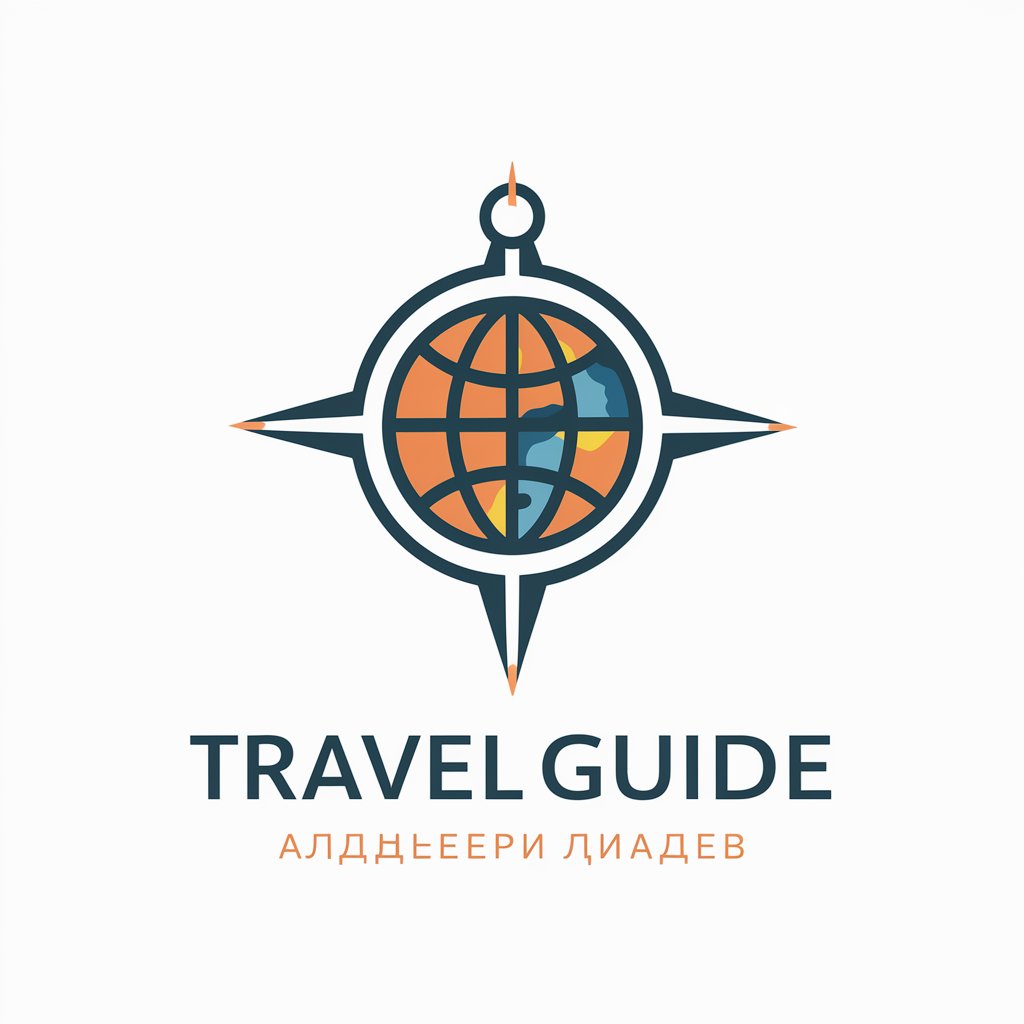
Frequently Asked Questions about Compliance Guard
What is Compliance Guard?
Compliance Guard is a specialized AI tool designed to assess the compliance of GPTs with OpenAI's usage policies. It provides a detailed report on compliance status and areas of concern, offering specific suggestions for policy alignment.
How does Compliance Guard ensure my GPT is compliant?
Compliance Guard analyzes your submitted GPT details, including the name, description, instructions, and any associated images or logos, against the latest OpenAI policies. It then generates a report indicating areas of compliance and potential violations, with advice on how to address any issues.
Can Compliance Guard evaluate multiple GPTs at once?
Yes, Compliance Guard has a Bulk Assessment feature that allows for the evaluation of multiple GPT submissions simultaneously. This is ideal for creators managing several GPTs and looking to ensure all are in alignment with OpenAI's policies.
Does Compliance Guard provide real-time evaluations?
Compliance Guard offers rapid assessment capabilities, enabling users to receive immediate feedback on their GPT's compliance status. This real-time evaluation helps users make necessary adjustments swiftly.
How often should I use Compliance Guard for my GPT?
It's recommended to use Compliance Guard regularly, especially after making significant updates to your GPT or when OpenAI's policies are updated. Regular assessments ensure continuous compliance and optimal performance.
